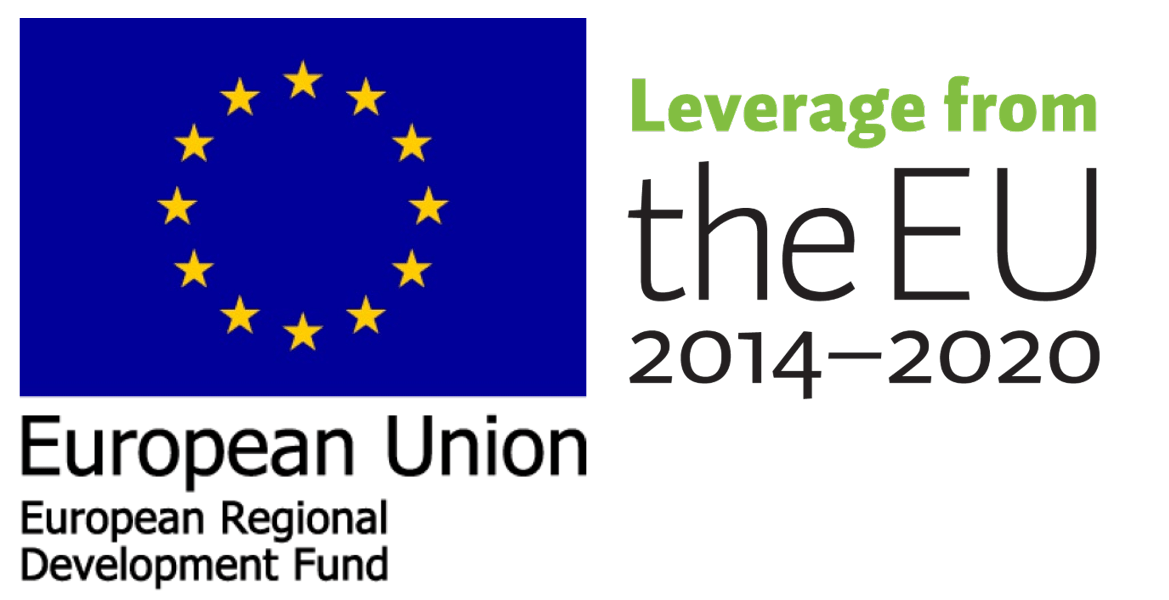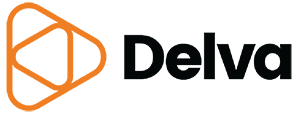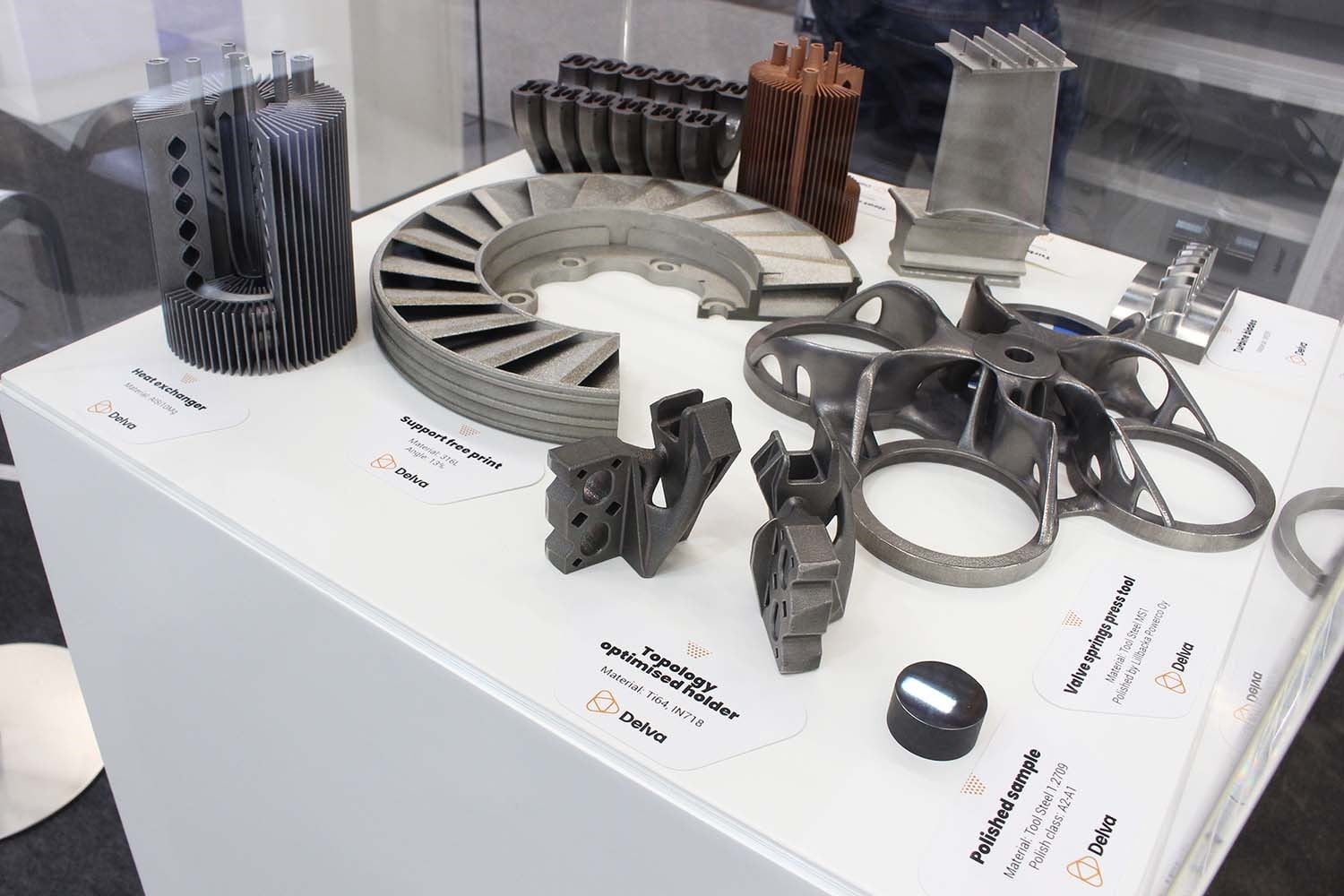Formnext 2021, a pioneering event in manufacturing, brought together a significant number of industry experts and those interested in the opportunities offered. Delva attended with our own stand, and we presented, among others, our wide range of materials targeted to the needs of the industry, components that break the boundaries of metal 3D printing, and the utilisation of simulation in metal printing. In addition, we underlined the benefits of hybrid printing showcasing our customer applications and our way of emphasising the entire manufacturing chain. These themes aroused commendable interest and led to interesting discussions.
Although the event was smaller than before due to the pandemic, the offering seemed relevant for the industrialisation of 3D printing. There was next to no fall into excessive hyping; the exhibitors showcased machinery and equipment and a significant amount of software, all of which support the use of additive manufacturing in industrial applications. This goal was also reflected in the agenda of the trade fair guests: 3D printing is a technology of today, and the discussions were solution-seeking and aimed at industrial applications.
Titanium and aluminum are already widely used in metal printing. In addition, industrial metal printing benefits from our wide range of steels and high-performing nickel alloys, such as IN939 and IN718. In many industries, copper is considered an excellent enabler, and among other materials. At Delva, we offer our partnership also in copper printing. We actively promote the innovative use of materials; when printed, familiar and traditionally used materials may leave out vast amounts of the beneficial potential metal printing can offer. That’s why we’re eager to encourage our customers to choose material based on the performance requirements of their applications.
Printing structures that challenge the rules of printing is already known to be one matter we are passionate about here at Delva. With hybrid printing, we have also increased cost efficiency in numerous customer applications. Based on the discussions, we need to highlight our thinking that takes the whole manufacturing chain into account. Our customer base identifies the problems of partial optimisation. However, to solve these issues, we need to increase cooperation and communication between experts even further. Here we are a good partner for our customers with our strong network of experts.
Additive manufacturing benefits from networking, sharing of knowledge, and from continuous learning. Customer needs are the starting point, and co-development leads to the goal. We invested in these at Formnext 2021, and we will continue to invest in these in all of our doing.
Formnext was an excellent forum to meet. Delva thanks all its guests for the interesting meetings and looks forward to continuing the discussions!


